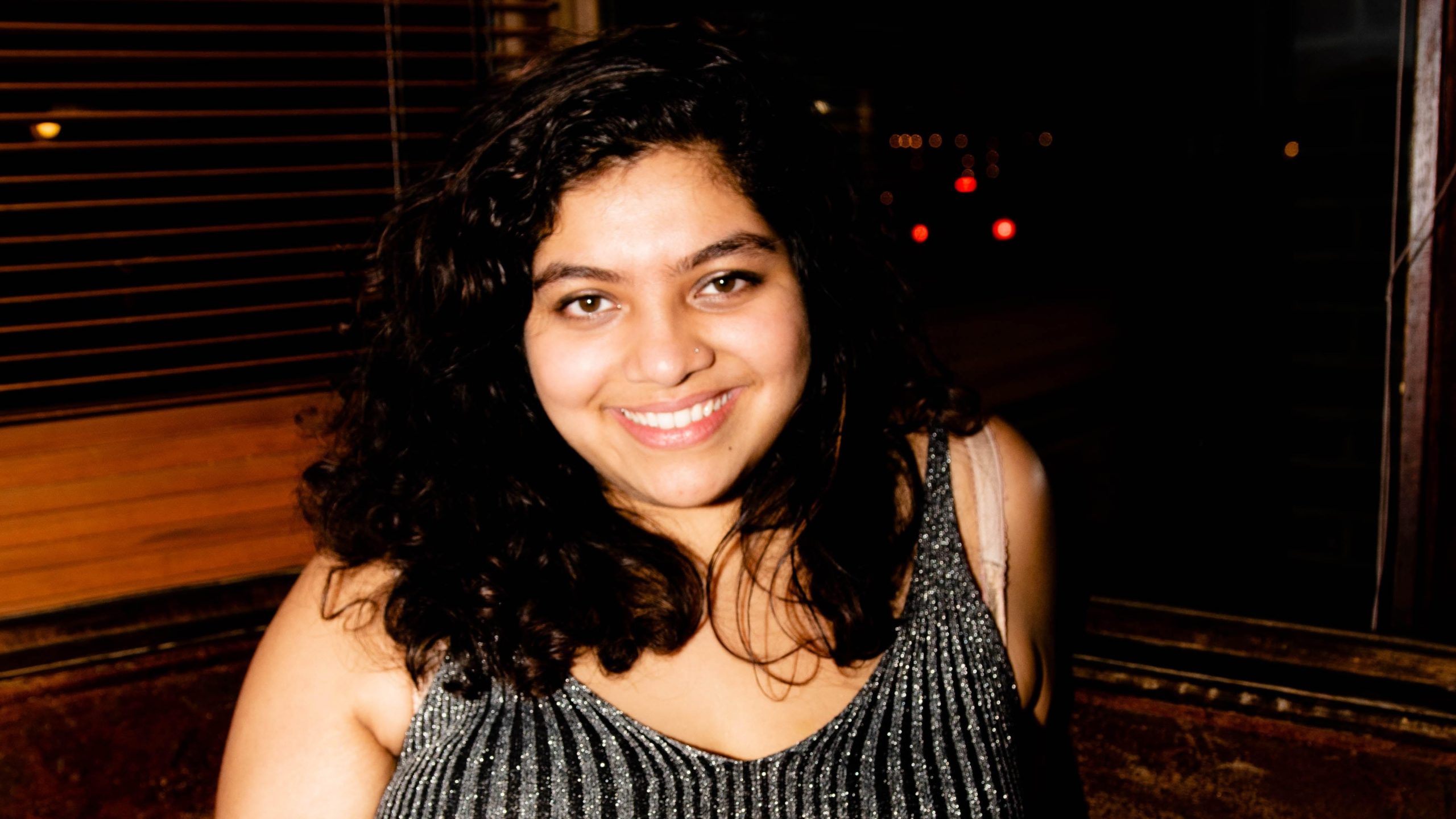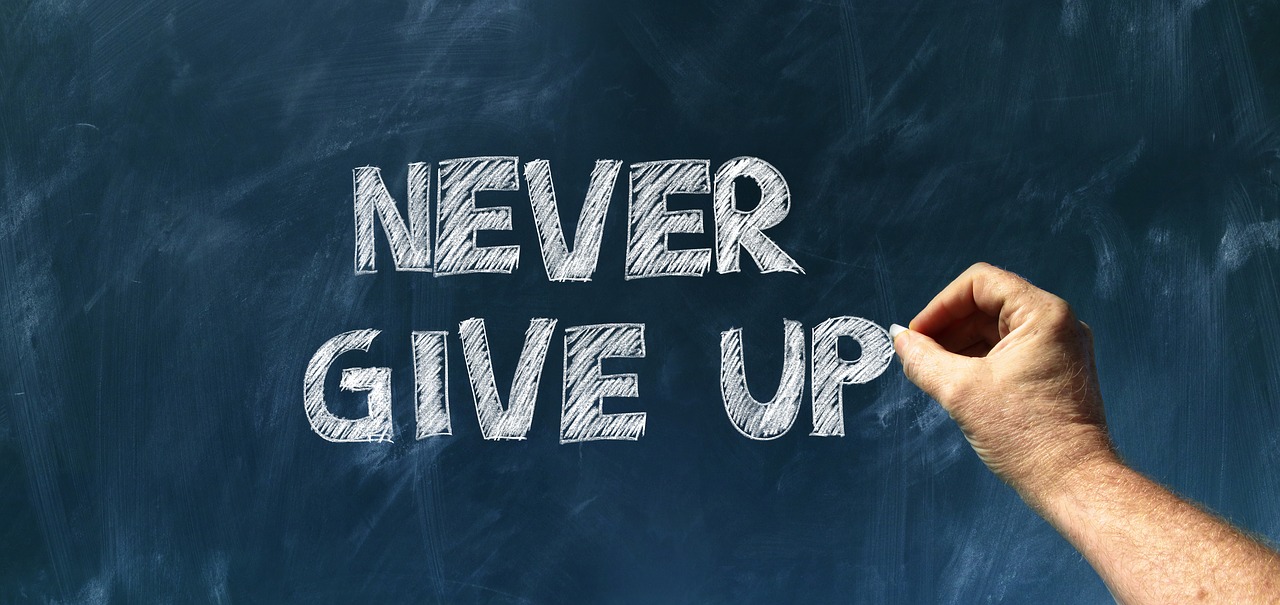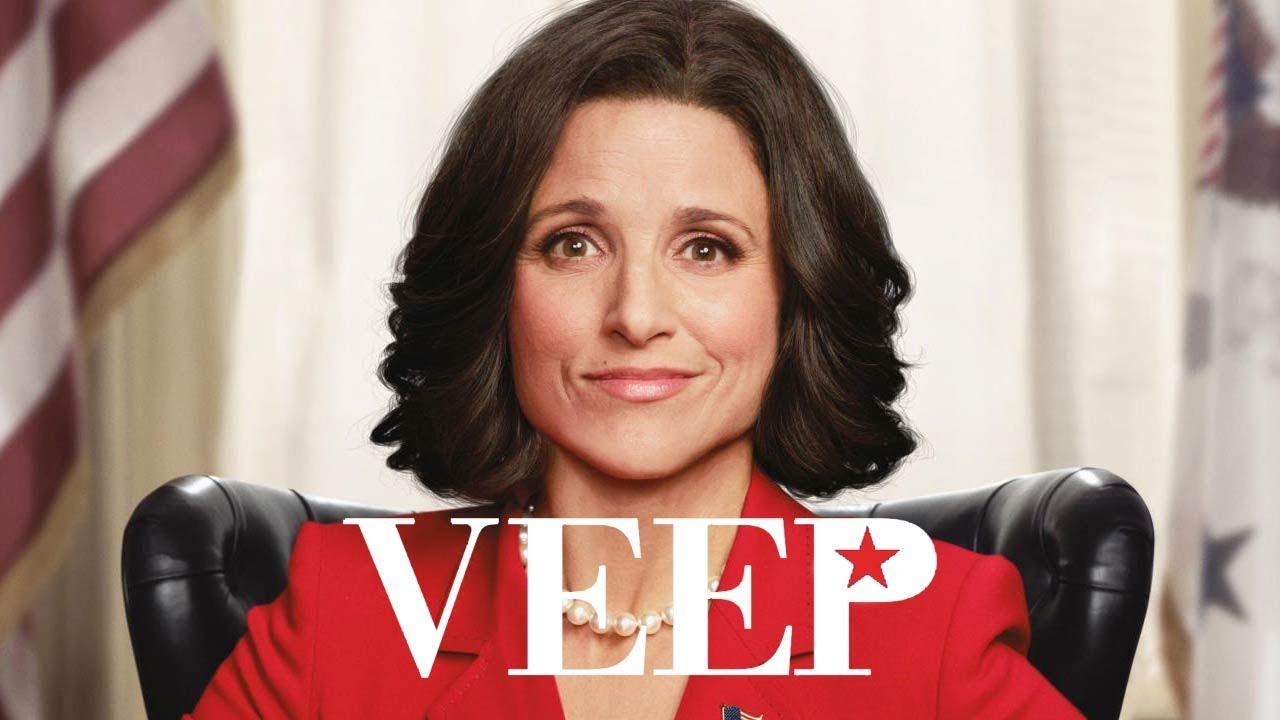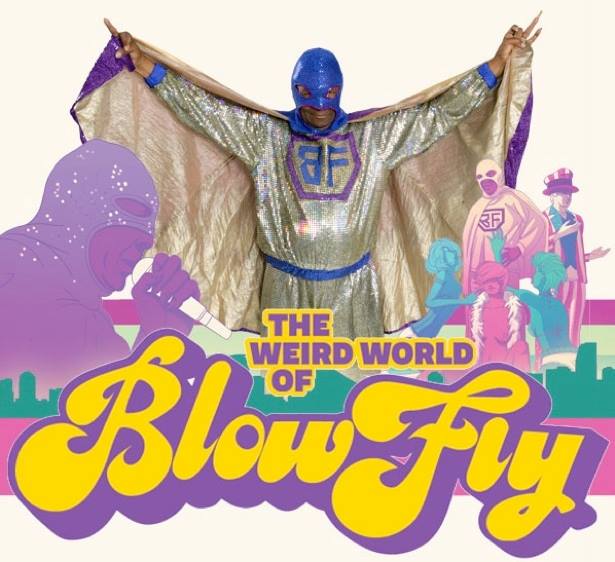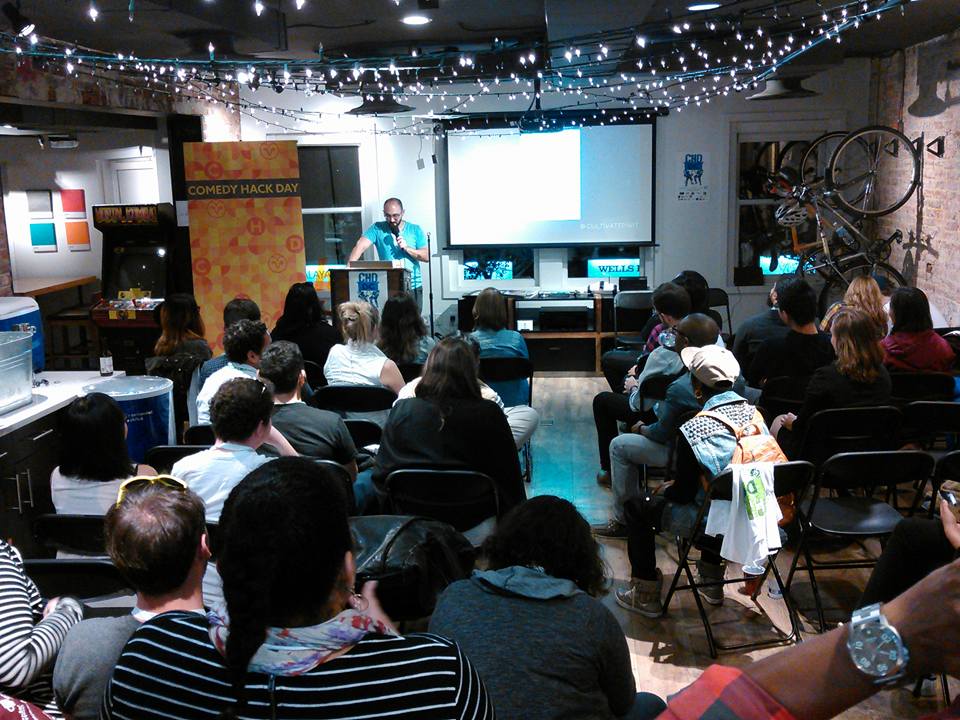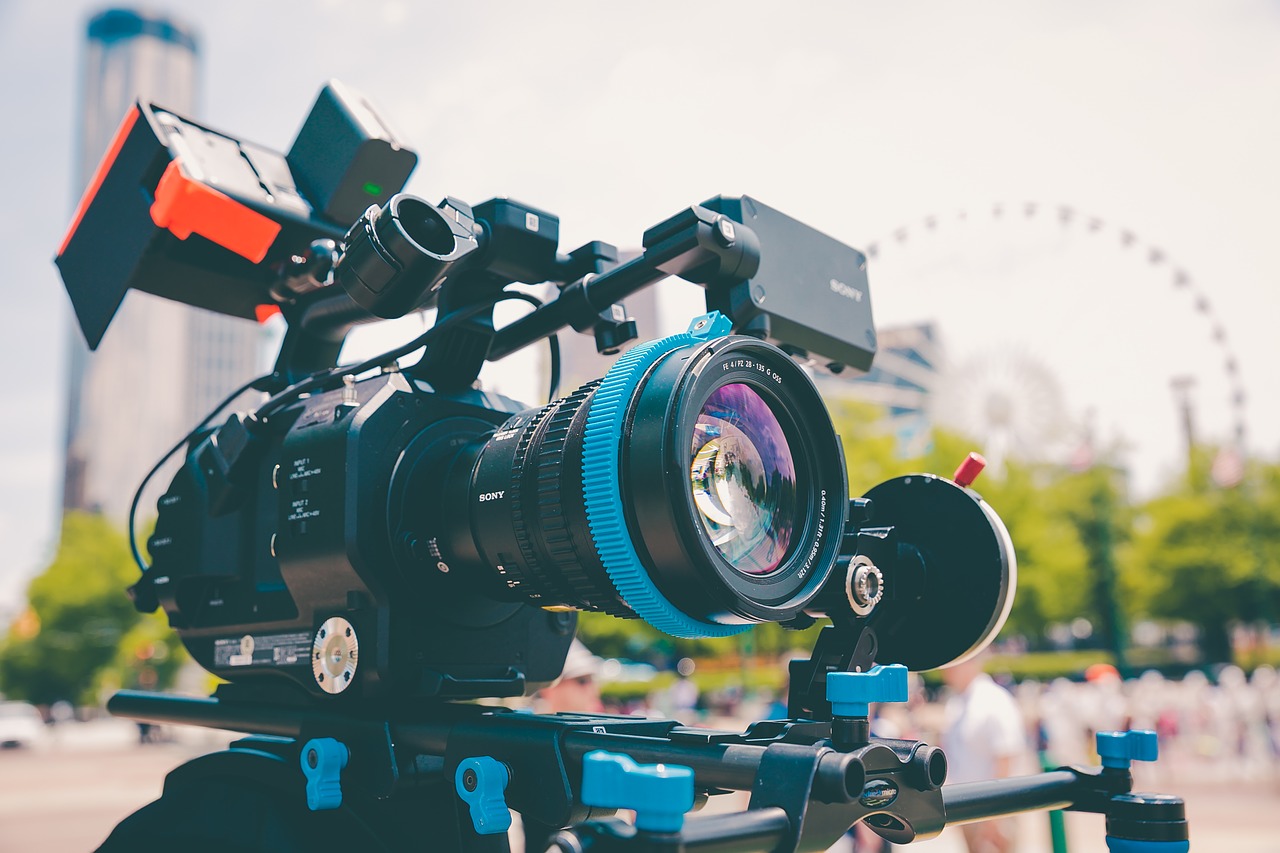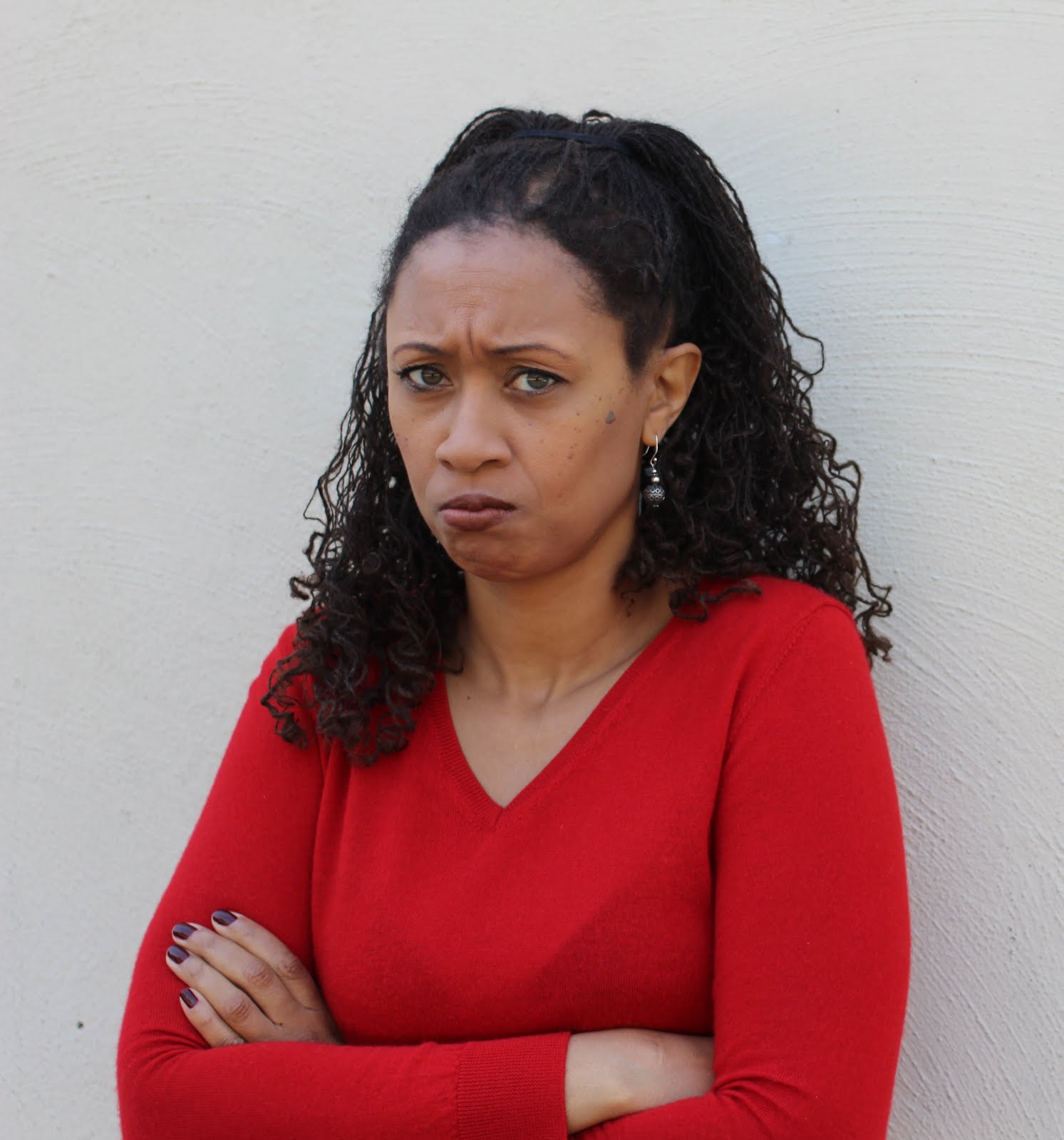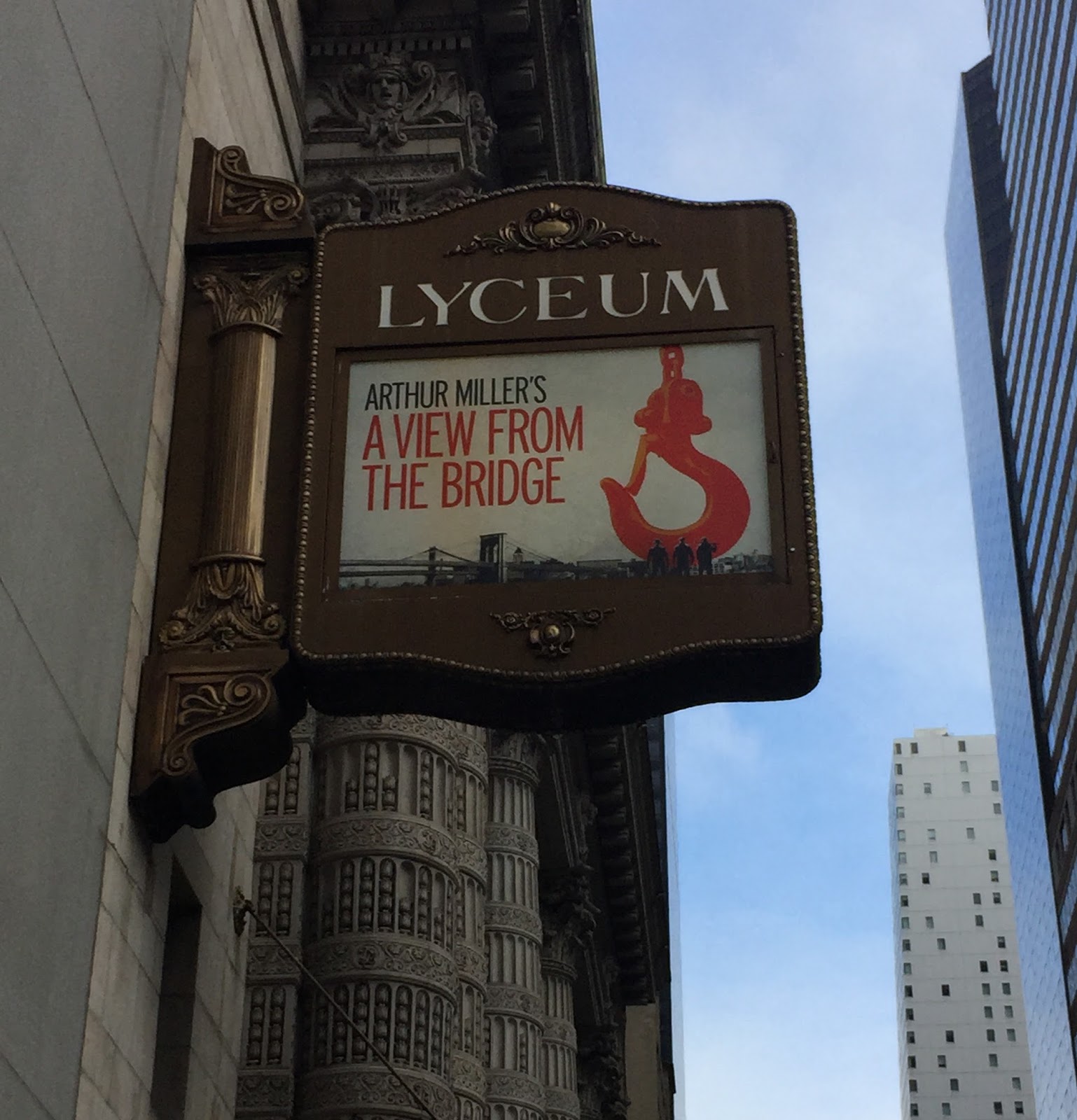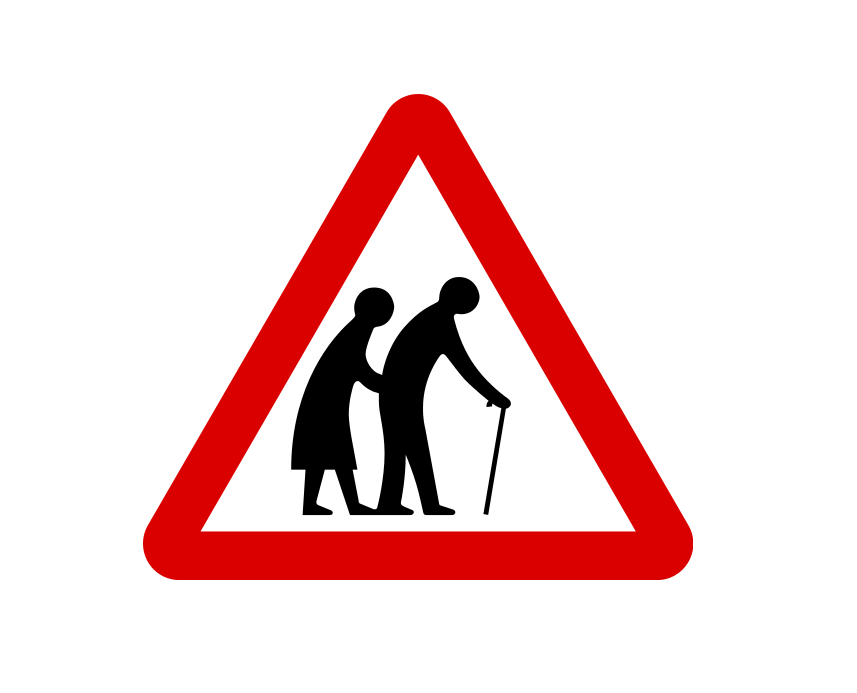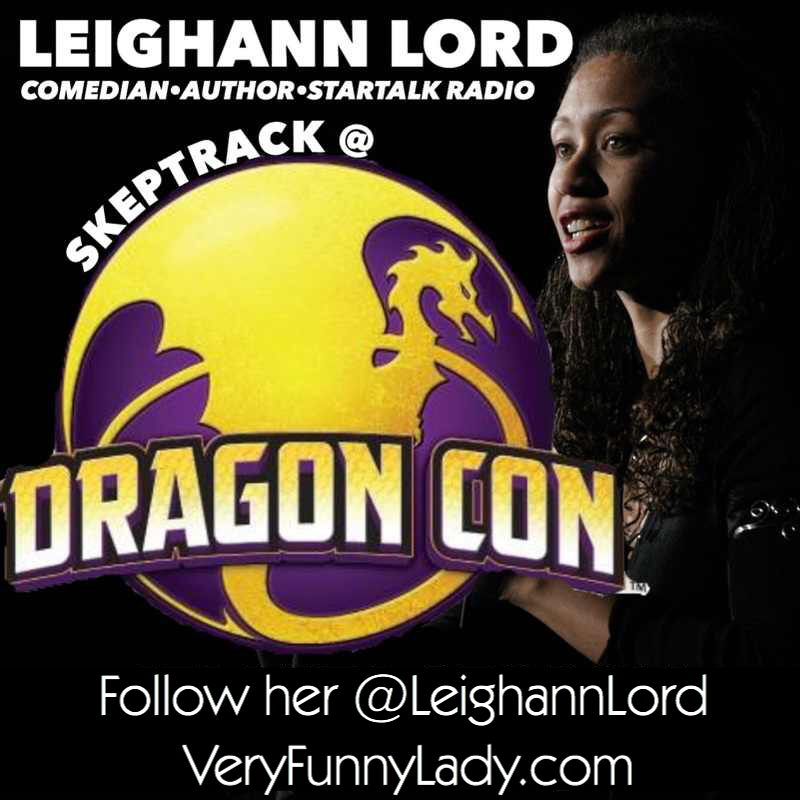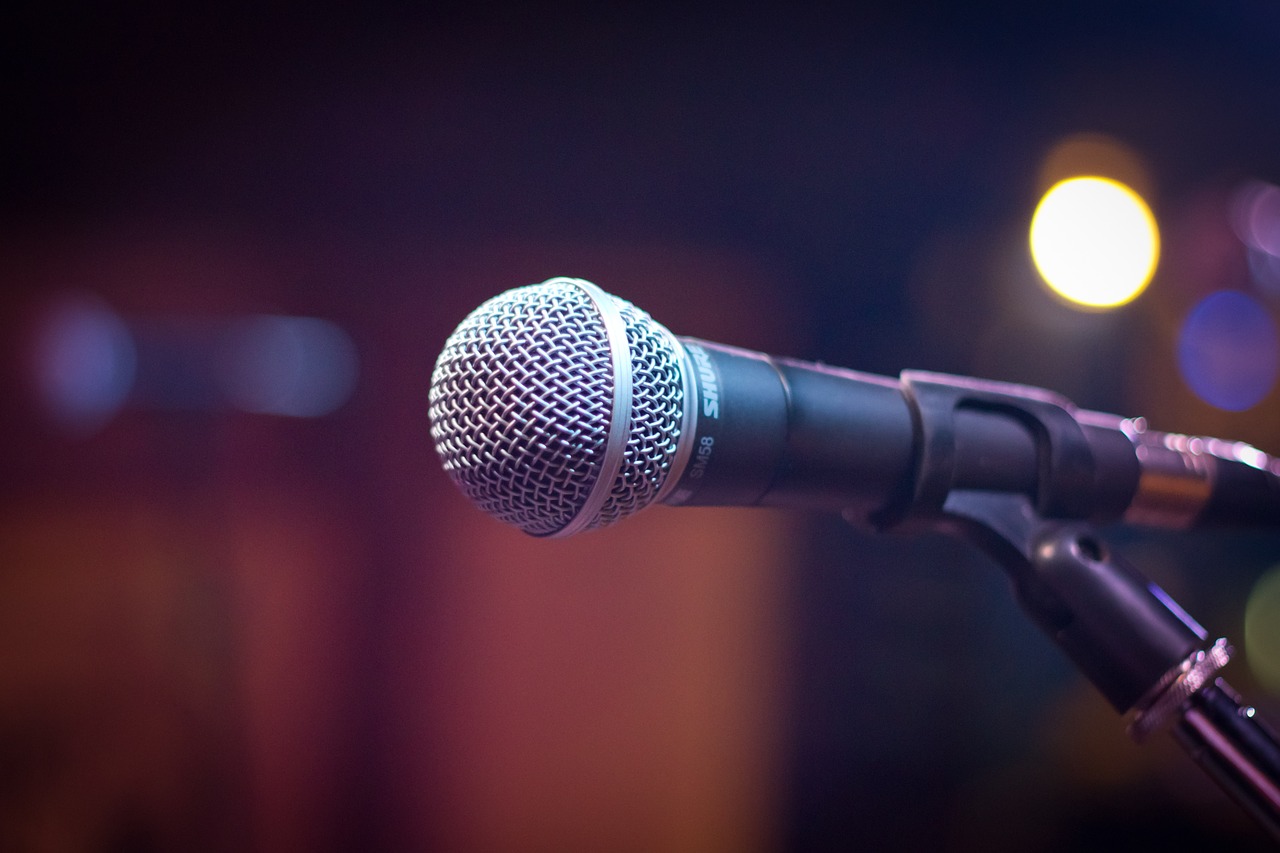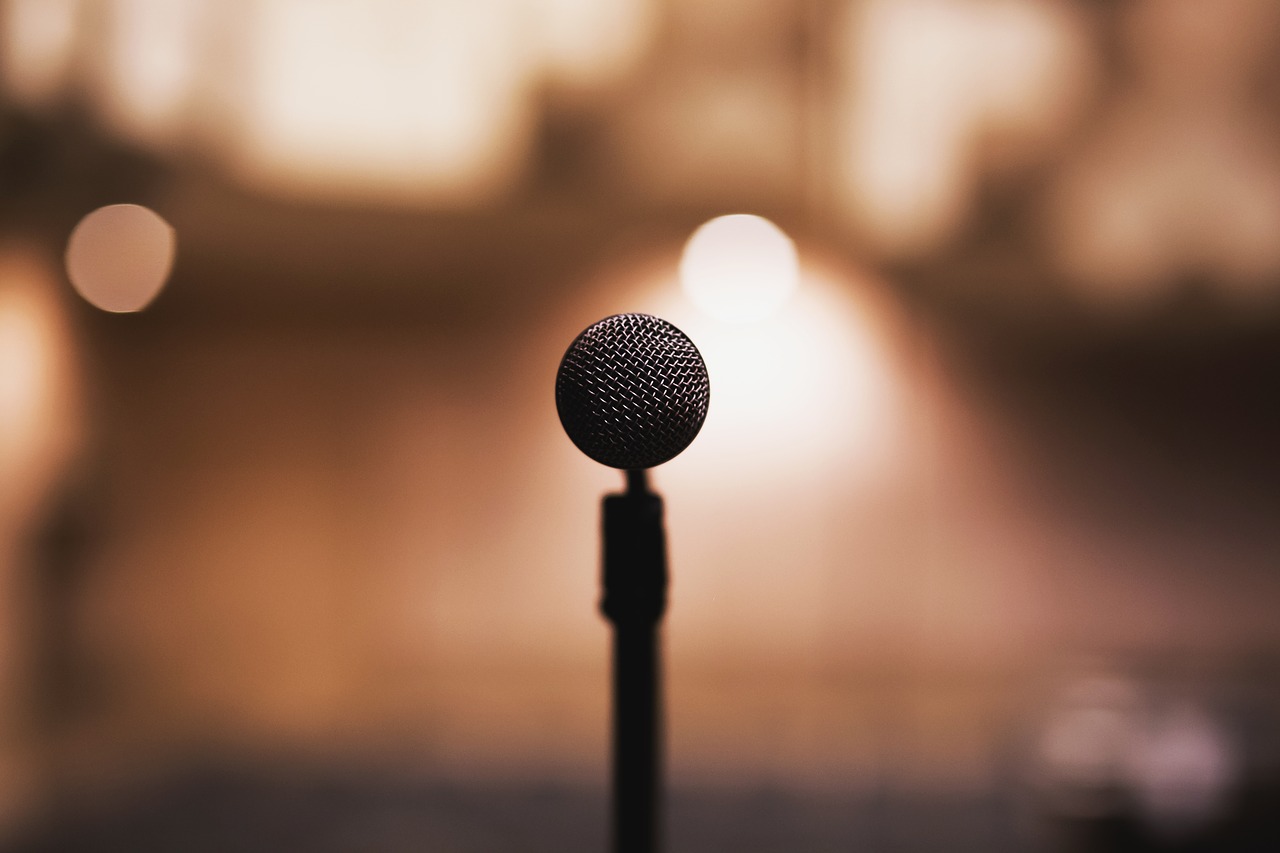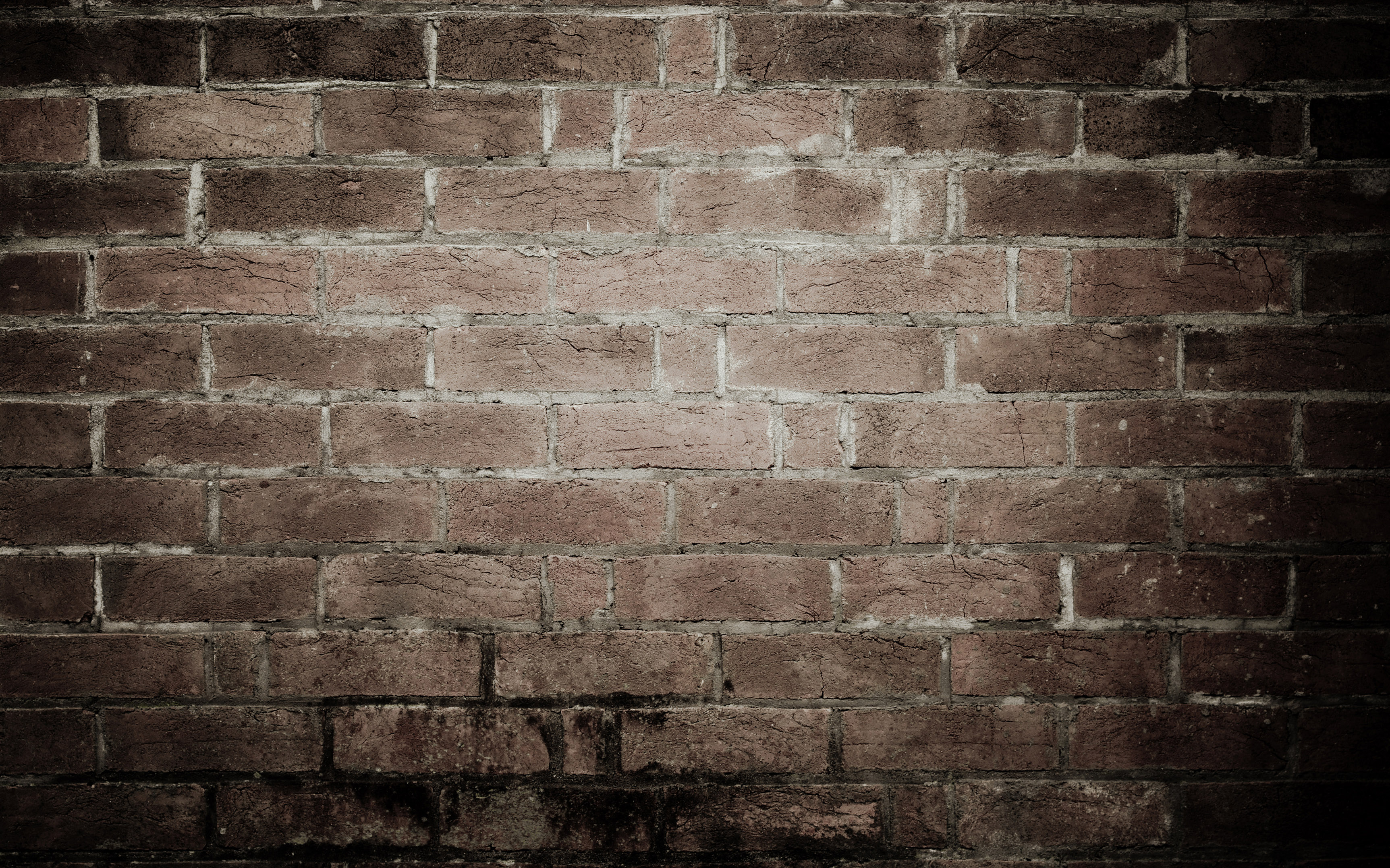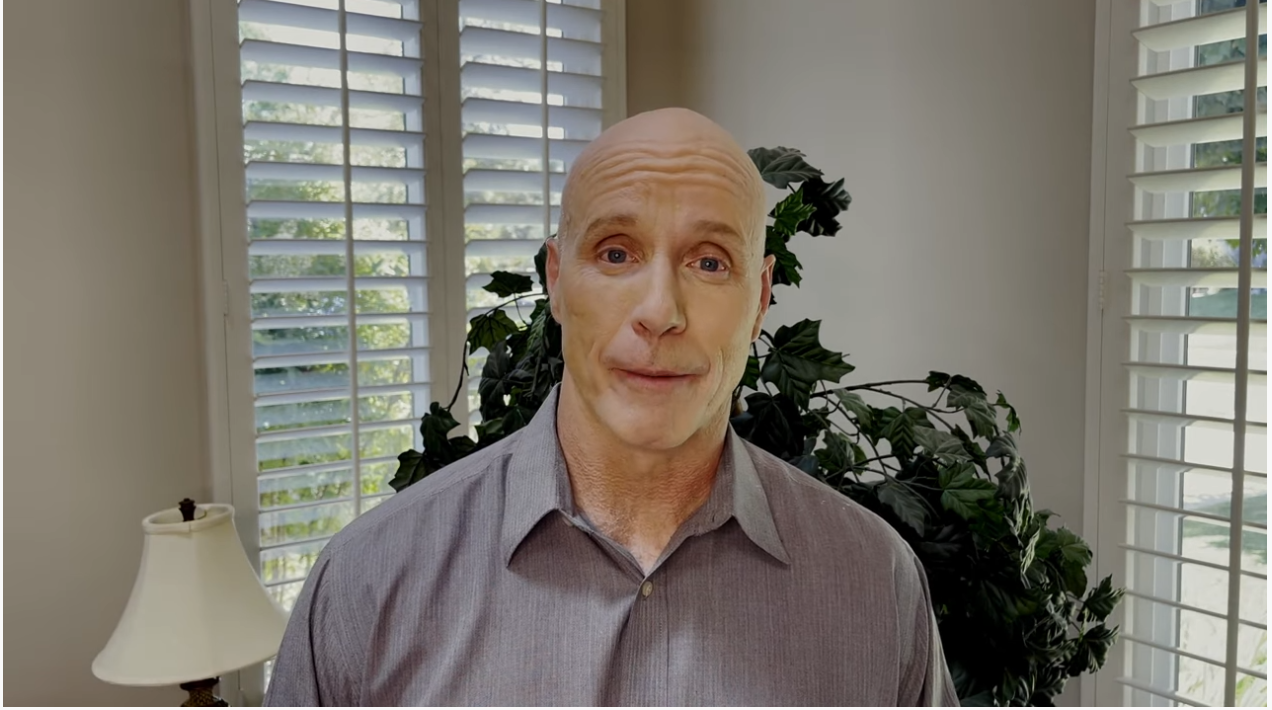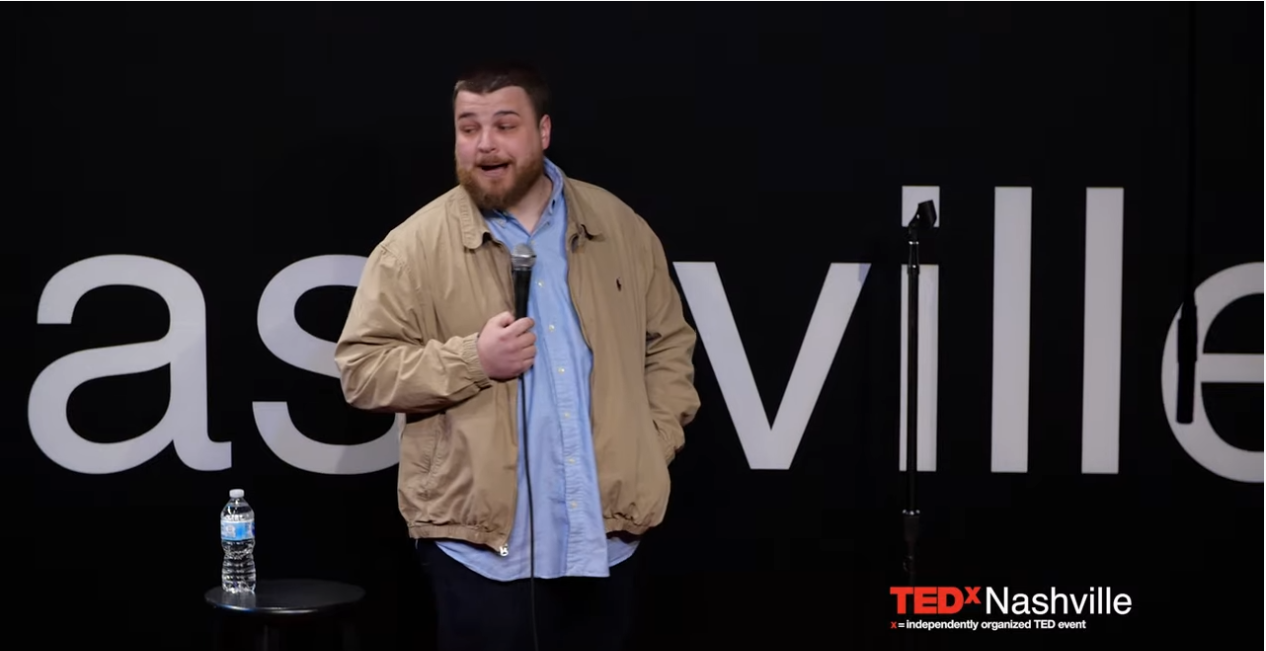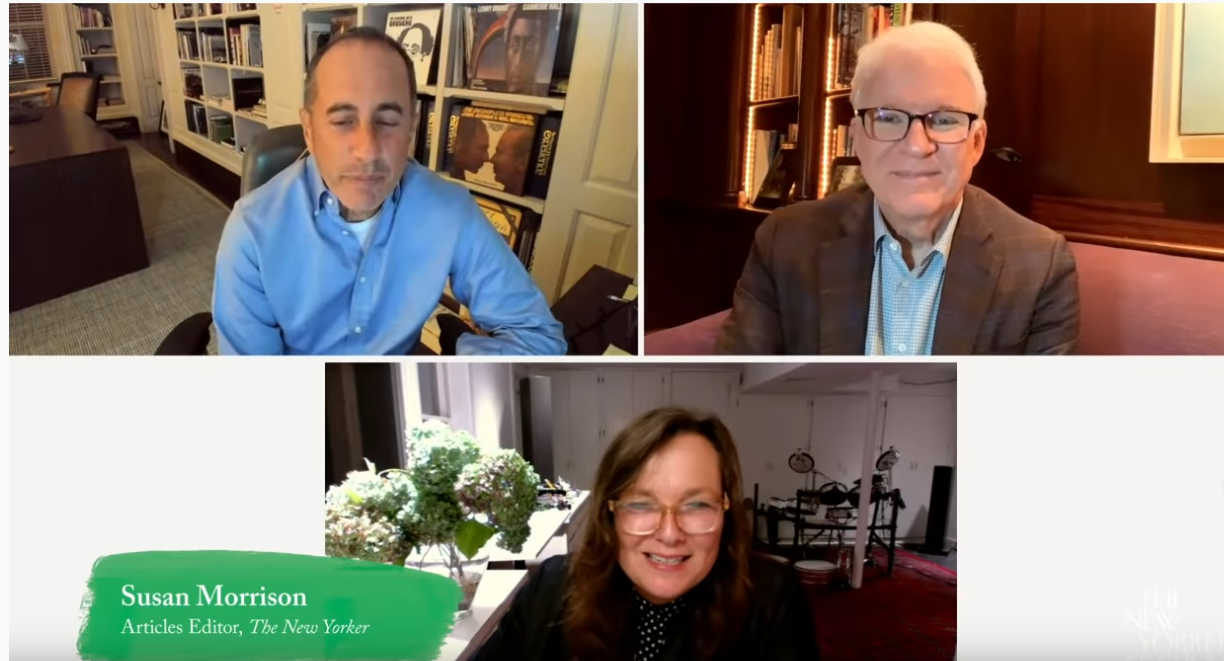
I’m no stranger to the “N-word.” I apologize not for using it here, but for not knowing whether or not it should be capitalized. Is nigger a proper noun? Strunk & White doesn’t say and my spell check has no opinion. It does, however, insist that the word “Geek” be capitalized, which speaks volumes about the folks at Microsoft. I’m also not sure which spelling makes it less offensive: nigger, nigga, nigguh? A word by any other name…?
I recently worked with a Caucasian comic who in the space of one minute used the words cunt and nigger. The 99 percent white audience groaned when he uttered the “c-word.” They went dead quiet when he whipped out the “N-word.” The one percent, by the way, was me standing in the back of the room watching the show with my mouth hanging open.
I know that cunt is an offensive word because that’s what people have told me. Through an odd confluence of events I, an English major, never heard the word until after I graduated from college. I have absolutely no personal feelings for or connection to this word other than knowing what it means to other people. Nigger is another story.
In the post-Michael Richards comedy world, I thought it was pretty much an agreed upon no-no for any white comic to say “the N-word” on stage if they were playing anything but a Klan rally. The overall rule in comedy is you can say anything as long as it’s funny, but when the room went silent, the vote was a unanimous: “Nope, not funny.” I’ll never know if the audience was truly offended, or if their response was colored by the fact that they had just watched and enjoyed my set, and saw me still standing in the room. Maybe they were just worried I had Al Sharpton on speed dial.
Thankfully the comic wasn’t talking about me. I fear if he had, I’d be penning this post from prison. Do they let you blog from the big house? Oddly enough, I have been called a nigger in a comedy club, not by a white comic — but a black one.
The first time I opened for Paul Mooney I introduced him, he got on stage and said, “Isn’t she smart and funny? Too bad she’s a Nigger.” (Coming from Paul, it’s meant to be capitalized.) That was his opening joke; the joke being that no matter who we are or how successful, we’re still judged by the color of our skin. Let the nervous laughter begin.
This happened each and every time I opened for Paul. I’m betting he says it about every act that opens for him. In case you don’t know, his comedy is the epitome of shock and awe. He’s that crazy uncle that says the most outrageous things. You laugh at half of it, shake your head at the rest and pray the secret police don’t come for him in the night.
Does it hurt less being called a nigger by one of your own, than by someone of a different ethnicity? I don’t know. So far, Paul’s the only one to ever call me that. So I guess what they say is true: racism begins at home. Perhaps the plan was to desensitize me so if happens I’ll be able to handle it. I hope the plan fails. I hope I’m never able to handle it and I hope it always makes me angry.
Truthfully though, I’m not angry with either comic. I’m disappointed. Disappointed that such talented, accomplished comics chose to use such a hateful, controversial and inflammatory word around me or about me. I carry myself like a lady and I enjoy being treated like one. Men hold my door, offer me their seat and ask me to “Excuse their French.” Yes, I’ve failed as a radical feminist. That’s what I get for not going to the meetings.
But comedy is a contact sport. It can be rough and tumble; course and crude. That goes with the territory. Every time we step on stage and open our mouths, somebody is going to be offended. Some comics think it’s their duty to be deliberately offensive, but to what end?
I did a show once with a family of tourists in the audience: Two parents and their two junior high school aged kids. I believe a comedy club is an adult entertainment venue and parents bring kids at their own risk. That said, the show’s promoter asked the comics to please keep it clean. Although difficult for some, we all agreed, except for one very young comic. Not only was he not clean, his content was purposely over the top, sexual, filthy and unfunny. It was so egregious, that the next comic looked at him from the stage and said, “Was it worth it? What did you prove?”
This is difficult to write because like most comics, I despise being told what to do. As a group we jealously and zealously guard our freedom of speech and bristle at even well-intentioned censorship. Recently I was doing a return engagement and received an email from a lady who had seen and enjoyed my show.
She wrote:
“I am writing to ask you a favor: I don’t remember … you … making jokes about gays or lesbians when you were here last time, but I wanted to ask you not to include this type of material in the upcoming show. Or to say that you have been asked to not include this type of “humor”(???). I know that ethnic jokes, etc. are always pretty funny and enjoyed by all. However, sexual orientation jokes can be hurtful and I know that a few of our guests will be gay.”
To summarize: nigger jokes good; fag jokes bad. It sounds like she would have enjoyed the aforementioned comics a great deal.
My first reaction — after wanting to do her gross bodily harm — was to go onstage, read her e-mail aloud and tell as many gay jokes as I possibly could. For the record, I didn’t but it sounds good on paper doesn’t it? Hilarious, but I just don’t have the tubes. Part of the problem is I’m basically a nice person who doesn’t go around intentionally assaulting or insulting people. As immensely popular as this type of comedy is, it’s just not my style. I’ll leave it to the funny thugs.
I also know this story would end with me sitting at a bar recounting it to other bitter comics who’d commend me for “fighting the good fight;” and I’d be complaining that I don’t understand why the booker won’t return my calls. It must be because he’s gay.
Freedom of speech comes with responsibility. I’m not advocating censorship or political correctness, but an awareness of the power of words. Comedy is funny because it makes light of what hurts, but it crosses the line when it seeks to be hurtful. “Sticks and stones will break my bones but names will never hurt me.” That’s not true. Words can wound. Anybody who’s ever been taunted by a school bully knows that. Music industry executives know it or they wouldn’t enjoy the spike in sales when recording artists lyrically attack each other in their songs. Stand-up comics should know it since words are our stock and trade.
The “Sticks and Stones” adage forces the victims of verbal assault to take the high road, while tacitly giving approval to the attacker. “Go ahead, say whatever you want. You’re not ‘really’ hurting someone as long as you don’t hit them.” And if the person being verbally accosted retaliates physically we blame “them” for taking the bait. “What’s wrong? Can’t you take a joke?”
The implication is that emotional pain is less than physical pain. This is probably why we have a health care system that doesn’t include an even remotely adequate mental health component. You can get over-the-counter meds for aches and pains, but healing hearts and minds? N-word, please. That’s what people go to comedy shows for. Hopefully they’ll get a comic that can do the “f-word” job.
© 2008 Leighann Lord
A very funny lady on the stage and on the page, stand-up comedian Leighann Lord pens a weekly humor column with topics ranging from the personal to the political, from the silly to the sophisticated. Reminiscent of a modern day Erma Bombeck (famed nationally syndicated humor columnist), a fan dubbed Leighann, “The Urban Erma” and the name stuck. It’s a fun, fast read that leaves you laughing, or at least wondering why we don’t have a comprehensive mental health care plan. Visit Leighann at MySpace.

